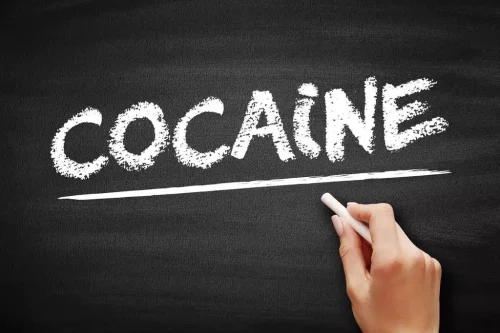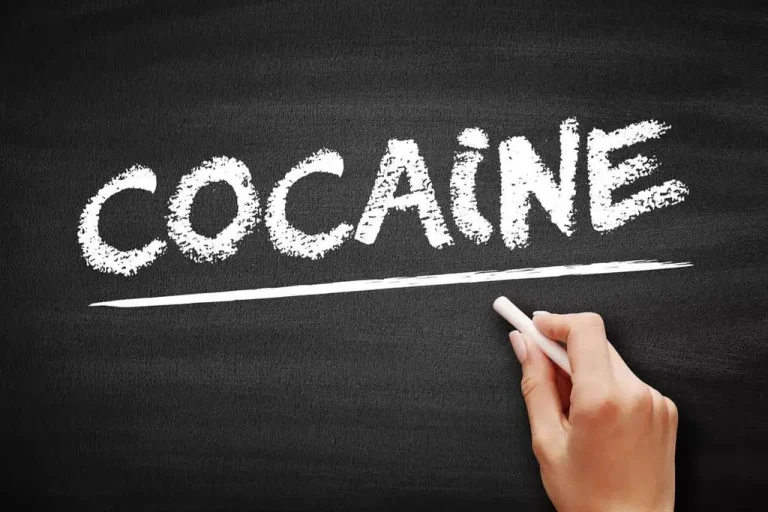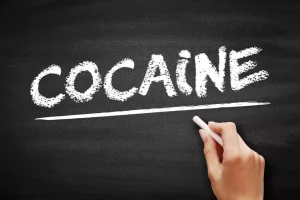Who Is Most Likely to Benefit from Moderation-focused Alcohol Treatment? Recovery Research Institute

By finding alternative activities to do, engaging in meaningful conversations, and focusing on the present moment, individuals can create fulfilling experiences without the need for alcohol. Choosing total abstinence means you’ll encounter many social situations in which you’ll need to turn down a drink. It’s paramount that you have a “saying no to drinks” script that’s quick, polite, and convincing. Don’t be afraid of proudly reminding those around you that you’re a recovering alcoholic and you won’t be drinking.
How Do Former Drinkers Share Their Non-drinking Identity?

A lapse is a brief return to drinking or using drugs, but the individual quickly stops again. Relapsing is when the individual returns to drinking or using drugs after a period of sobriety. Relapsing is when an individual returns to drinking or using drugs after a period of sobriety, which differs from a lapse where they briefly drink but then quickly stop again. By focusing on these positive aspects of an alcohol-free life, individuals can remain committed to their recovery journey and experience a greater sense of overall well-being. However, in the end, almost 30% of those who start a Moderation Management program move toward a complete abstinence program to manage their alcohol addiction. One research study followed drinkers for three to eight years after they completed a program of behavioral self-control.
- Research indicates that while the likelihood of avoiding heavy alcohol consumption is highest in abstinence-focused individuals, those with moderation objectives were also able to reduce their alcohol use.
- The Big Book of Alcoholics Anonymous (the main piece of literature utilized by 12-step fellowships across the globe) states three main types of drinkers.
- It’s also advised when someone has substance use disorder involving any other type of drug, as there’s a tendency to simply substitute one chemical for another.
- For many, a moderation approach to drinking is more realistic because it shows people how to learn to drink in moderation.
Pain Medication and Addiction
The results indicated that the chance of successfully drinking moderately decreases dramatically according to the severity of dependence. People in the beginning stages of a drinking problem may achieve success. We’re here 24/7 to help guide you or your loved on through rehab and recovery. Submit your number to receive a call today from a treatment provider.
Relapse Triggers
Receiving professional guidance can empower individuals to take control of their recovery journey and resist the temptation of drinking alcohol after therapy. Environmental factors, such as family history, peer pressure, and stress, can also contribute to a person’s risk of developing AUD. Being aware of these factors is crucial when considering drinking alcohol again after a period of sobriety. By understanding the complex interplay between genetics and environmental factors, individuals can better navigate the challenges of long-term recovery and make decisions that support their well-being.

Together they can make abstinence seem more attainable, especially since quitting cold turkey can be dangerous and may present too drastic a change for some. Additionally, moderation can be a slippery slope for some alcohol drinkers. It can be easy to underestimate the amount of alcohol we actually drink. For example, the moderation guideline for women is one standard drink or fewer in one day, but a generous drink we might order at the bar can easily amount to two or three standard drinks.
It is clear from looking at the research that if you want to increase your odds of success, abstinence is the way to go. And while neither path is easy, the abstinence road seems to offer less resistance. A study conducted at the University of Gothenburg, Sweden found that the Reagans of the world are more successful in treatment than the alcohol abstinence vs moderation Saras.

Painkiller Abuse: A Gateway to Heroin Addiction
This idea does not suggest that recovery is as simple as “mind-over-matter,” but Peele believes that people can set an drug addiction intention to quit in line with their values without the need for inpatient or outpatient treatments. Support groups based on sobriety, like Alcoholics Anonymous (AA), find success through fellowship. AA works on social interaction where members give each other emotional support and practical tips to refrain from drinking. Research even suggests that fellowship can help more people achieve sobriety than therapy. This is because not only is it beneficial to be surrounded by those who share a similar goal to you, but it can also be validating to witness others’ struggles that mirror your own. It’s also important to know that you can change certain circumstances, and therapy can aid in helping you set boundaries that empower your progress.
Second, realize a commitment to sobriety is not a commitment to be forever perfect. Before you consider that to be a SMART Recovery® license to relapse, it is not. The reality for alcohol addictions, for example, is that people have an average of two and a half relapses in their ultimate turn to permanent sobriety. A commitment to sobriety means that you are committed to a course of action, understanding that it is not an easy task and one that takes a great deal of patience, persistence and practice. We are not perfect beings, we are fallible and breaking a commitment is not the same as giving up on one. A permanent commitment means we are committed to a course of action for the future and we will do every thing in our power to fulfill and maintain that commitment.
- For example, alcohol dehydrogenase 1B (ADH1B) and aldehyde dehydrogenase 2 (ALDH2) are known to be linked to alcohol consumption and alcoholism.
- Exercise can help to reduce stress and anxiety, while rest can help to restore energy and focus.
- Keeping alcohol in your life in a healthy way can be really challenging, especially for people who have exhibited more severe drinking habits and patterns.
- These answers will vary from individual to individual, and your choice of moderation vs. abstinence is a personal one.
- If you don’t consider yourself an alcoholic or don’t feel comfortable labeling yourself one, practicing moderation helps you avoid having that discussion when you’re not in the mood.
- However, it’s possible to enjoy social events without consuming alcohol and maintain sobriety.
The Link Between Addiction, Mental Illness, and Fame
“Harm reduction” strategies, or moderation techniques, set more flexible goals in line with patient motivation. These goals differ from person to person and range from total abstinence to reduced alcohol consumption. It is important to note that moderation techniques work best with those concerned with their drinking habits but who are not diagnosed with an alcohol addiction.
While the burden to deliver effective treatments falls on health care providers, individual factors can impact how well someone responds to these treatments. Among the most widely studied are how motivated and confident someone is in being able to reduce or quit drinking. For many, a moderation approach to drinking is more realistic because it shows people how =https://ecosoberhouse.com/ to learn to drink in moderation. However, anyone recovering from an alcohol use disorder knows how challenging moderation can be. After all, most of their triggers revolve around alcohol consumption, and having the possibility of relapse is too much of a burden. Before deciding whether you want to embark on an abstinence or moderation-based journey, it’s essential to pinpoint your condition and desire to quit drinking.
